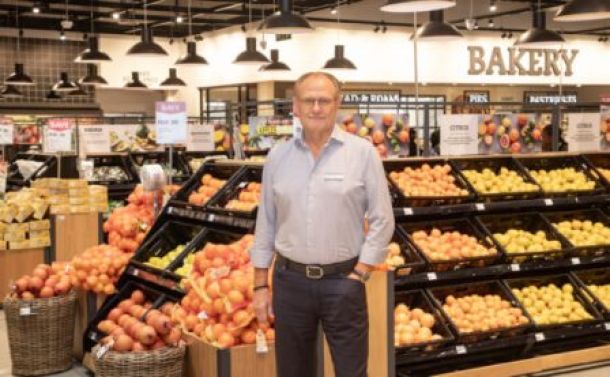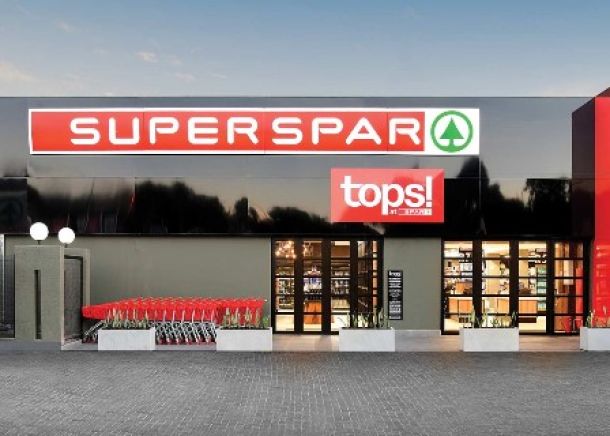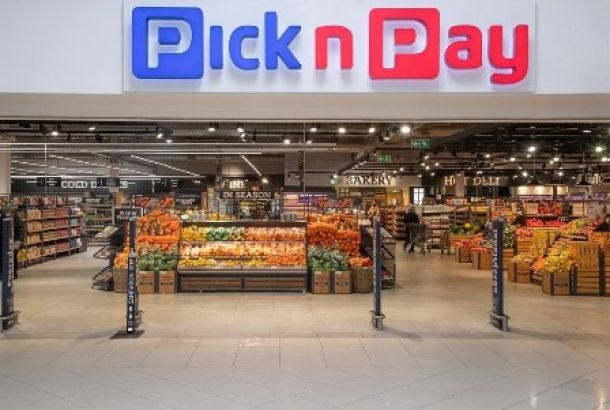Mixed fortunes for large retailers
It is a mixed bag for South African retailers, as Massmart and Shoprite’s trading updates shine a spotlight on the market, which has been marred by slow sales growth amid weak consumer spend.
The share price of Walmart’s African subsidiary, Massmart, took a hit on Tuesday after the company released a trading update below market expectations. Sales for the 26 weeks to June 26 were forecast to grow to R42.3bn, an 8.7% rise from the previous comparable period.
The company’s share price fell 2.5% at 9.15am after Massmart’s announcement.
Kaeleen Brown, a retail analyst at Standard Bank Securities, said the most worrying aspect was that there was also quite a slowdown at Masswarehouse and Massbuild, the two stalwarts in the Massmart stable.
Brown said Masswarehouse, which included Makro and The Fruitspot, made up about 50% of the group’s operating profit, while Massbuild, with its Builders Warehouse brand, constituted about 27%.
Sales performance of the grocery division was also affected with Masscash — which included stores CBW, Jumbo, Cambridge Food, and Shield — decreasing by 10.3%, compared with 10.9% growth in the previous quarter.
The loss of momentum in consumer spending has affected SA’s retail environment deeply. Reserve Bank figures show that consumer spending fell to R1.85m in the first quarter of 2016, compared with R1.86m in 2015’s final quarter.
Massmart, like Shoprite, is widely exposed to the most discretionary part of consumer spending and concerns about the consumer environment and food inflation would affect retailers’ performance.
Yet Shoprite managed to maintain its momentum as consumer budgets tightened.
Shoprite increased its turnover 14.4% for the 12 months to June to a forecast turnover of about R130.03bn, compared with R113.69bn in the past year. Alec Abraham, a senior equity analyst at Sasfin Wealth, said this confirmed that food retailers did better than discretionary retailers, as they were more defensive.
"We are certainly seeing a switch from discretionary spending to spending on food. It seems that we haven’t seen that same slowdown, and like-for-like volumes are still positive." Shoprite’s internal cost inflation was 3.9%, compared with 4.8% in the previous year, while Massmart’s internal cost inflation was 5.8%. Abraham said some retailers were investing in price to try to keep people coming through the door — "and that certainly would have helped in the case of Shoprite".
However, Brown said it was difficult for Massmart to do well if the South African consumers were not doing well. "They dominate so many consumer categories, the only way that they can do well is if the consumer is in a healthier position."
Brown said the retailer was positioned well to benefit from a consumer recovery because it had low margins. "Any improvement in the trading conditions translates to improvement in earnings, because operating leverage improves."
Abraham did warn, though, that the like-for-like volumes for Massdiscounters and Massbuild were negative, and that it was worrying because the Massmart business model was built on high volumes. "It is a high-volume, low-margin model, so you need to get high volumes."
Brown said Masswarehouse was a litmus test for the economy, as it indicated the level of strain that existed in the retail environment.
News Category
- International retailers
- On the move
- Awards and achievements
- Legislation
- Wine and liquor
- Africa
- Going green
- Supplier news
- Research tools
- Retailer trading results
- Supply chain
- Innovation and technology
- Economic factors
- Crime and security
- Store Openings
- Marketing and Promotions
- Social Responsibility
- Brand Press Office
Related Articles

Pick n Pay plunges 16% on JSE as stock adjusts ...

SPAR suffering from a hangover

Pain for Pick n Pay

Pick n Pay disaster


